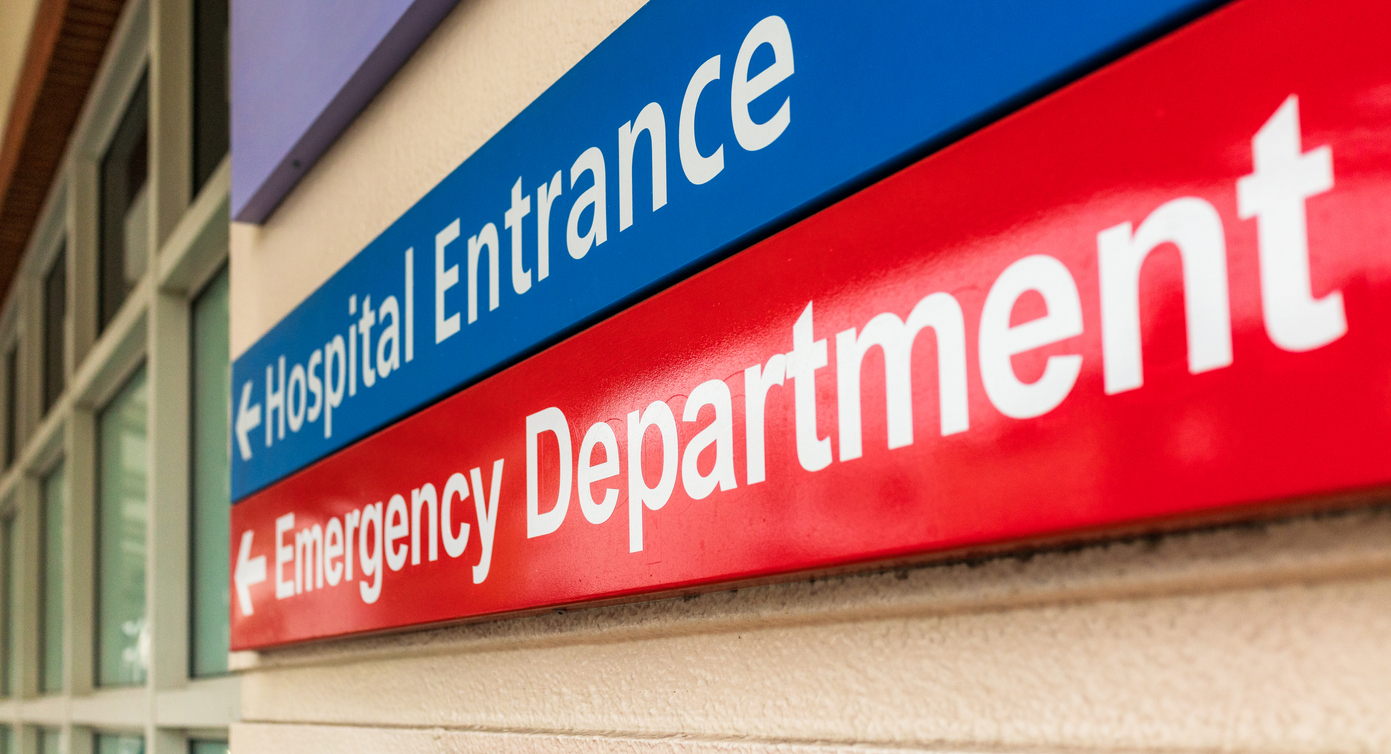
Medical emergencies
A life‐threatening condition is a medical emergency. The faster a person secures the right medical care, the better their chances of surviving. When patients and their families know the signs of a life‐threatening medical emergency and how best to communicate concerns around a deterioration in health, they can act quickly to seek emergency care and work with staff to ensure a timely response.
Increasing patient and family involvement
Education and coaching are available to help patients and their families, and healthcare professionals work together to make sure patients and families can secure emergency care when needed. These strategies focus on:
- helping patients and their families to notice changes in a patient's condition and tell healthcare staff about them;
- empowering patients and families to feel confident about arranging for urgent or emergency care;
- healthcare staff giving patients and families a chance to talk about their concerns, and actively listening to them during an emergency consultation; and
- training healthcare staff to respond appropriately when patients and their families raise concerns about a patient's condition.
Why we did this Cochrane Review
We wanted to find out if education and coaching strategies could help patients and families to recognise when changes in a health condition are life‑threatening and act to help secure emergency care.
What did we do?
We searched for studies that tested strategies to involve and empower patients and their families in seeking emergency care for a life‐threatening medical condition. We also included studies where the strategy included a component targeted at enabling staff response.
We looked for studies in which the strategies people received were decided at random. This type of study usually gives the most reliable evidence about the effects of a strategy.
Search date: we included evidence published up to 21 October 2019.
What we found
We found nine relevant studies in different healthcare settings in which 436,684 patients and family members took part. Seven of the strategies studied involved face‐to‐face education or coaching sessions for patients and families, and two involved education programmes aimed at healthcare staff as well as patients and their families. All strategies had an educational part and an engagement part (for example, self‐monitoring; using action plans); two strategies additionally focused on communication skills and using shared language.
All studies compared usual care against receiving strategies to increase involvement of patients and their families in seeking emergency care. In four studies, people in the usual care group also received information or educational strategies. The studies varied in design and in their assessments, making it difficult to compare all their results.
We did not find any studies that looked at patients', or their families', satisfaction with care, or what they thought of their involvement in seeking emergency care.
What are the results of our review?
Compared with usual care, strategies to improve involvement in securing emergency care:
- may help patients and their families to know which danger signs to look for, and to know the right action to take (4 studies; 3086 people);
- probably have little to no effect on stillbirth in pregnancy (1 study; 409,175 people); and
- probably do not increase anxiety levels in patients and their families (1 study; 2,597 people).
We are uncertain if the strategies affected:
- peoples' confidence in recognising and reporting worsening in a health condition (2 studies; 217 people); or
- the time between the start of life‐threatening symptoms and receiving emergency treatment (4 studies; 27,023 people).
Our confidence in our results
We are moderately confident about the effect of the strategies on anxiety levels and on stillbirth, although these results might change with further evidence. We are less confident about our other findings, which are likely to change with further evidence. Some of the studies we compared had small numbers of people taking part, so their results may have been unreliable.
Conclusions
Strategies to help patients and their families to secure emergency care may improve their knowledge about life‐threatening conditions, and probably don't increase their anxiety more than usual care

